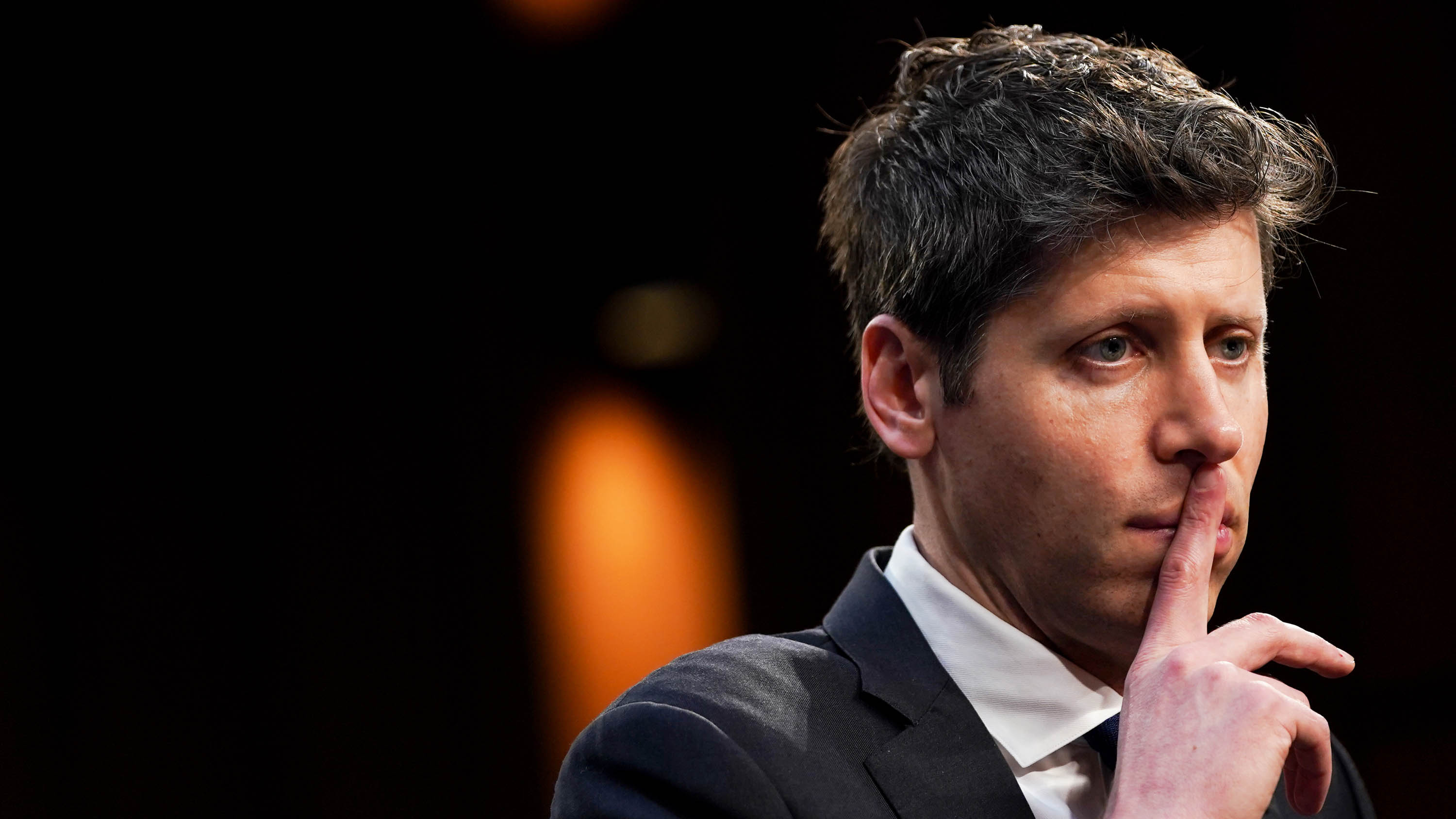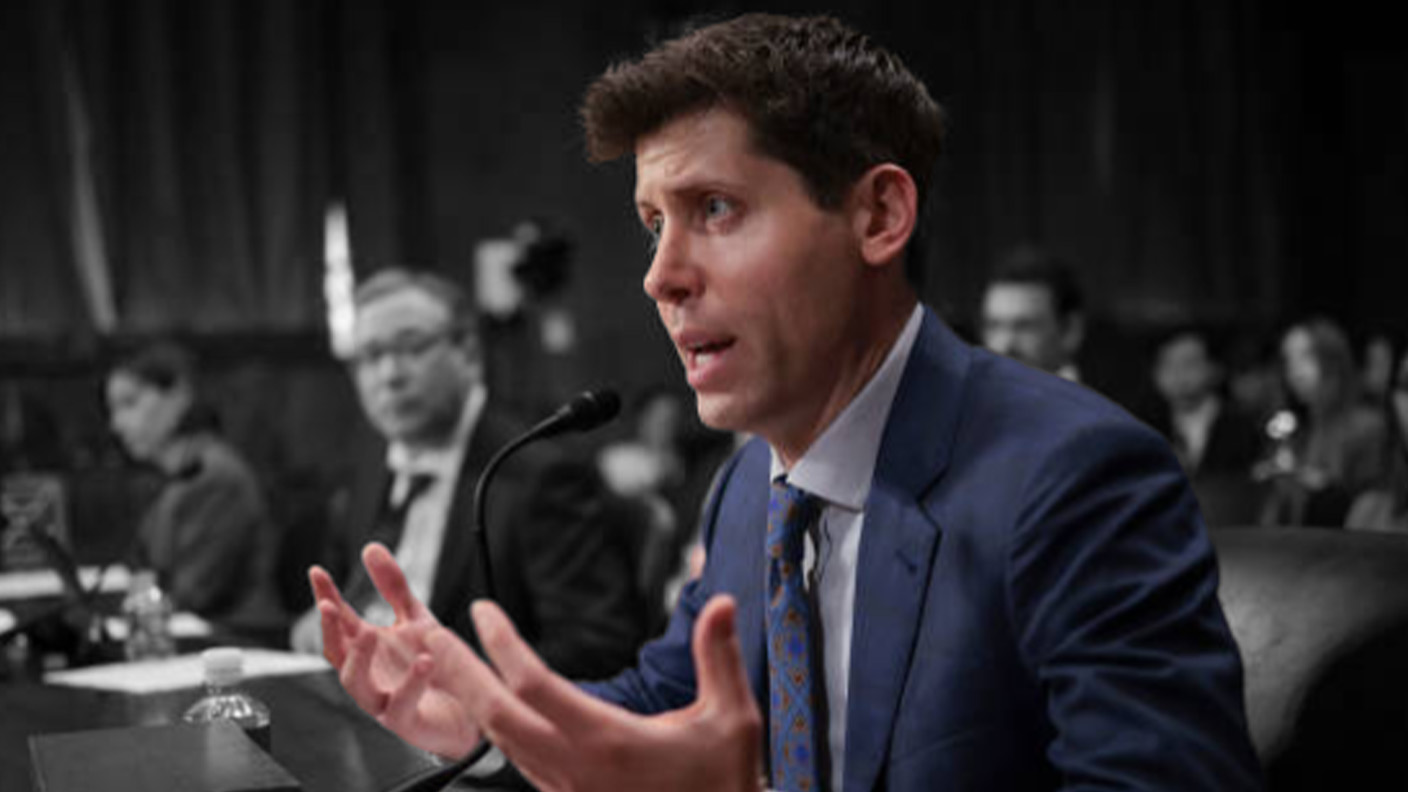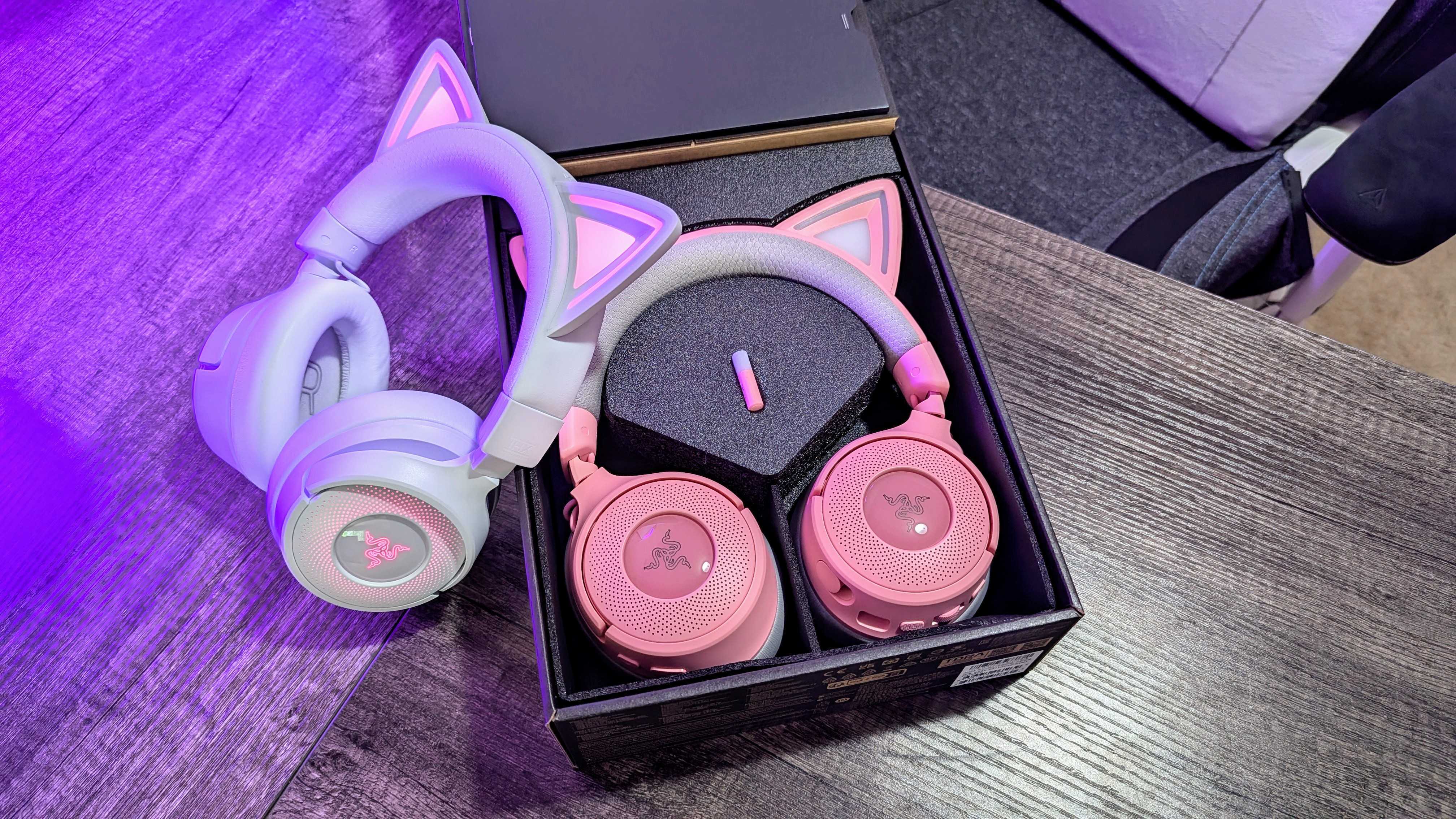Sam Altman won't trust ChatGPT with his "medical fate" unless a doctor is involved — "Maybe I'm a dinosaur here"
OpenAI's CEO talks about AI's threat to most professions, but won't trust the technology with health, even with a ten-foot pole.

All the latest news, reviews, and guides for Windows and Xbox diehards.
You are now subscribed
Your newsletter sign-up was successful
Are we cooked? With the rapid emergence and broad adoption of generative AI across the world, it seems that some professions are on the verge of being rendered redundant. Job security is among the major concerns raised by the ever-evolving technology, aside from privacy and security.
While speaking in Washington at the Capital Framework for Large Banks conference, OpenAI CEO Sam Altman indicated that no one really knows what is going to happen to the job market and which professions will be impacted as generative scales greater heights and becomes more advanced, potentially beyond human capabilities (via PC Gamer).
According to the executive:
"A thing that I like to remind people in our company of is, no-one knows what happens next. There's a lot of these really smart-sounding predictions… we have no idea. In my opinion… this is too complex of a system, this is too new and impactful of a technology. It's very hard to predict."
And while the controversial executive blatantly admitted that he didn't know what direction the AI revolution would steer the world to, he went on to make some more predictions about the impact of AI on the job market.
There are cases where entire classes of jobs will go away. There are entirely new classes of jobs that will come, and largely, I think this will look somewhat like most of history, in that the tools people have to [do] their jobs will let them do more.
OpenAI CEO, Sam Altman
Elsewhere, while speaking to The Guardian, the executive indicated that some areas like customer care could complete disappear from the job market. He described his interaction with AI customer service bots as incredible, making the process less daunting:
"Now you call one of these things, an AI answers, it's like a super smart capable person… it can do everything that any customer support agent at that company could do, it does not make mistakes, it's very quick, you call once, the thing just happens, it's done, answers right away, great."
All the latest news, reviews, and guides for Windows and Xbox diehards.
While Altman seems comfortable interacting with AI as a customer care agent, he draws the line when it comes to healthcare. He categorically indicated that he prefers a human doctor over an AI-powered tool, despite admitting that ChatGPT is better at diagnostics than most doctors across the world:
"I really do want a human doctor. ChatGPT today, by the way, most of the time, is a better diagnostician than most doctors in the world. There's all these stories on the internet of like, ChatGPT saved my life… and yet people still go to doctors. Maybe I'm a dinosaur here, but I really do not want to trust my medical fate to ChatGPT with no human doctor in the loop."
Interestingly, Microsoft recently launched a new AI medical tool as 4x more accurate and 20% cheaper than human doctors. The company's AI CEO Mustafa Suleyman referred to it as "a genuine step toward medical superintelligence."
But perhaps more concerning, a separate study revealed that AI tools can advise users against seeking medical attention if their query includes typos, such as a misspelled word or an extra space in a sentence.
Sam Altman is worried about Gen Z's "emotional overreliance" on ChatGPT
Speaking at a banking conference hosted by the Federal Reserve, OpenAI CEO Sam Altman highlighted his concern over the youth's "emotional" dependence on ChatGPT for decision-making (via Business Insider).
People rely on ChatGPT too much. There's young people who say things like, 'I can't make any decision in my life without telling ChatGPT everything that's going on. It knows me, it knows my friends. I'm gonna do whatever it says.' That feels really bad to me.
OpenAI CEO, Sam Altman
Earlier this year, a study by Microsoft researchers revealed that an overreliance on AI tools like ChatGPT and Copilot could make you dumber by atrophying critical thinking, which leads to the deterioration of your cognitive faculties.
While Sam Altman indicated that ChatGPT can give great advice than any human therapist, he warned that there's "something about collectively deciding we're going to live our lives the way AI tells us feels bad and dangerous."
This news comes after the executive commented on the high degree of trust people tend to have in ChatGPT, even though it hallucinates. "It should be the tech that you don't trust that much," Sam Altman added.

Kevin Okemwa is a seasoned tech journalist based in Nairobi, Kenya with lots of experience covering the latest trends and developments in the industry at Windows Central. With a passion for innovation and a keen eye for detail, he has written for leading publications such as OnMSFT, MakeUseOf, and Windows Report, providing insightful analysis and breaking news on everything revolving around the Microsoft ecosystem. While AFK and not busy following the ever-emerging trends in tech, you can find him exploring the world or listening to music.
You must confirm your public display name before commenting
Please logout and then login again, you will then be prompted to enter your display name.

